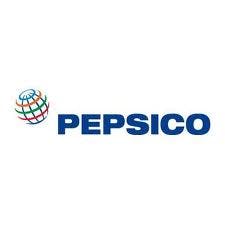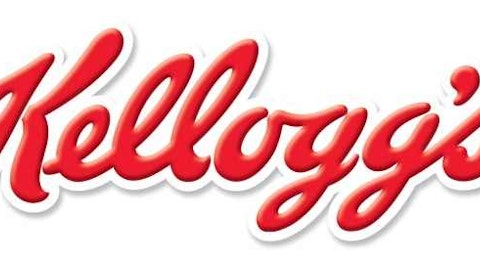Greek yogurt is a bona fide craze these days. It’s not just that Jamie Lee Curtis and John Stamos are pushing different brands of yogurt on television. “Good bacteria” in yogurt is increasingly associated with health, and Greek yogurts have proliferated on demand. Now, though, Greek yogurt Chobani may have inadvertently created another culture: one of consumer distrust.
Some recent Chobani yogurts contained mold — hardly an ingredient anyone clamors for. In fact, its presence in some recent Chobani batches made some people ill. The only good thing might be the lesson we’ve learned: If something other than good bacteria has taken residence in yogurt, it’s likely that the container will begin “bloating and swelling.” Some customers even noted that their yogurt was “hissing” or “fizzing.”
Measuring the mea culpa
For a while, Chobani didn’t conduct an official recall at all, and even said it didn’t intend to. After a week of advising supermarkets to pull affected yogurts off their shelves, Chobani finally went ahead with a recall.
In other words, for a while customers had no idea that some Chobani yogurt contained mold, which is frankly shocking. (Incidentally, the affected yogurt’s codes are 16-012.)
Chobani has been insisting this was an honest mistake, and that its recall was voluntary and not FDA mandated. One part of the “honest mistake” argument: its yogurt doesn’t contain preservatives. In addition, it says that variety of mold is common in dairy products.
You can see Chobani’s recall notice and apology on its website, and make your own decisions as to whether it goes far enough.
Yogurt everywhere
Chobani has plenty of competition in the yogurt space. Yogurt products are one of the fastest-growing areas in grocery stores, probably because word’s gotten out about its positive health attributes.
In America alone, yogurt has become a $7 billion market, and over five years, it’s been growing at about 8.5%. Even more significant for Chobani, Greek yogurt has taken 40% of the market.
Several months ago, PepsiCo, Inc. (NYSE:PEP) decided to expand its Muller yogurt brand into new areas, and that brand includes some Greek varieties. Greek yogurts like Chobani have been taking some momentum from some of the other yogurt brands, such as Goldman Sachs Group Inc (NYSE:GS) Yoplait and Danone’s Dannon. Danone also owns Stonyfield Farms and Activia. Danone’s got some star power behind its yogurts; its advertising features Jamie Lee Curtis (Activia) and John Stamos (Oikos Greek yogurt).
Who benefits?
Apparently only a few Chobani customers got sick, but that’s not an excuse. In addition, Chobani said only 5% of its yogurt products were affected. Still, nobody should get sick, and none of the yogurt should be moldy.
Although many grocers and brands occasionally have to recall products, it’s important to deal with food problems swiftly and fully. After all, this can smear reputations as well as an even worse outcome: making tons of consumers dreadfully ill.
Chobani competitors get a tip and a possible benefit here, though. One is to deal with recalls as fast as possible, and get the word out so their customers know exactly what’s going on. The second lesson, of course, is more like a boon. When a competitor screws up, rivals find it much easier to grab some market share — a positive for their businesses in a growing market.
The article Greek Tragedy: Chobani’s Tasteless Recall originally appeared on Fool.com is written by Alyce Lomax.
Alyce Lomax has no position in any stocks mentioned. The Motley Fool recommends Goldman Sachs (NYSE:GS) and PepsiCo and owns shares of PepsiCo.
Copyright © 1995 – 2013 The Motley Fool, LLC. All rights reserved. The Motley Fool has a disclosure policy.






